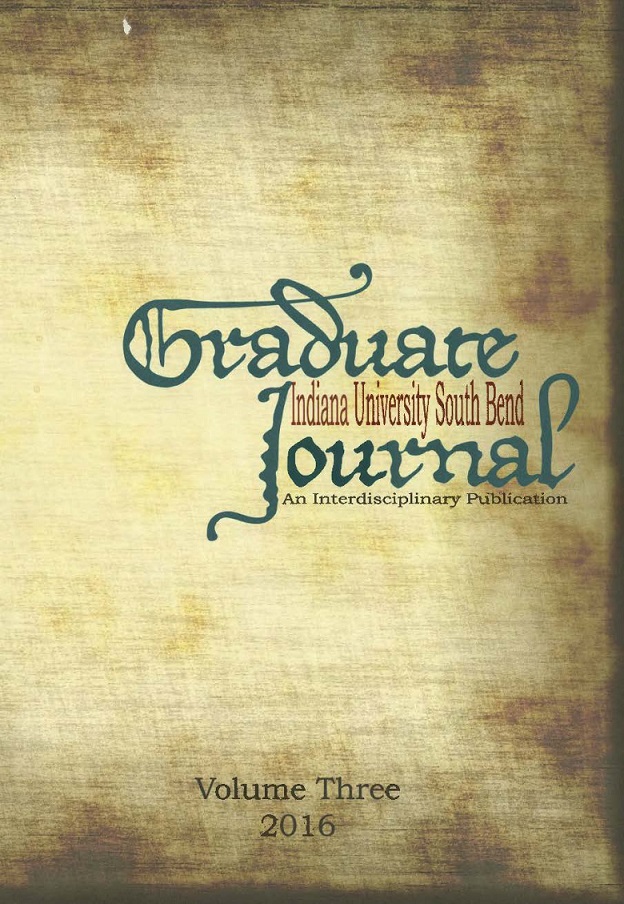The (Un)Silencing of The Subaltern in Kincaid's Lucy
Main Article Content
Abstract
A name represents a person. Their name provides them a voice, an identity to call their own. In Jamaica Kincaid's Lucy, the "voice" of the novel has no name until sixteen pages prior to the end of the book. Before the voice provides the reader her name, the reader assumes the female voice is named Lucy, because of the title of the book. But none of the characters call her by name. This nameless narrator is an immigrant and a subaltern. A subaltern is a marginalized person who has agency over nothing, not even their name. Gayatri Chakravorty Spivak's article "Can the Subaltern Speak?" claims that "The subaltern cannot speak," but Kincaid has found a loophole (104). I argue that Kincaid, an immigrant from Antigua and former subaltern, joins the debate, of whether or not the subaltern can speak, by not bestowing a name to her protagonist until the end of Lucy; hence letting the subaltern speak for herself.
Downloads
Download data is not yet available.
Article Details
Section
Articles
Authors who publish with this journal agree to the following terms:>
- Authors retain copyright and grant the journal right of first publication with the work simultaneously licensed under a Creative Commons Attribution License that allows others to share the work with an acknowledgement of the work's authorship and initial publication in this journal.
- Authors are able to enter into separate, additional contractual arrangements for the non-exclusive distribution of the journal's published version of the work (e.g., post it to an institutional repository or publish it in a book), with an acknowledgement of its initial publication in this journal.
- Authors are permitted and encouraged to post their work online (e.g., in institutional repositories or on their website) prior to and during the submission process, as it can lead to productive exchanges, as well as earlier and greater citation of published work (See The Effect of Open Access).
